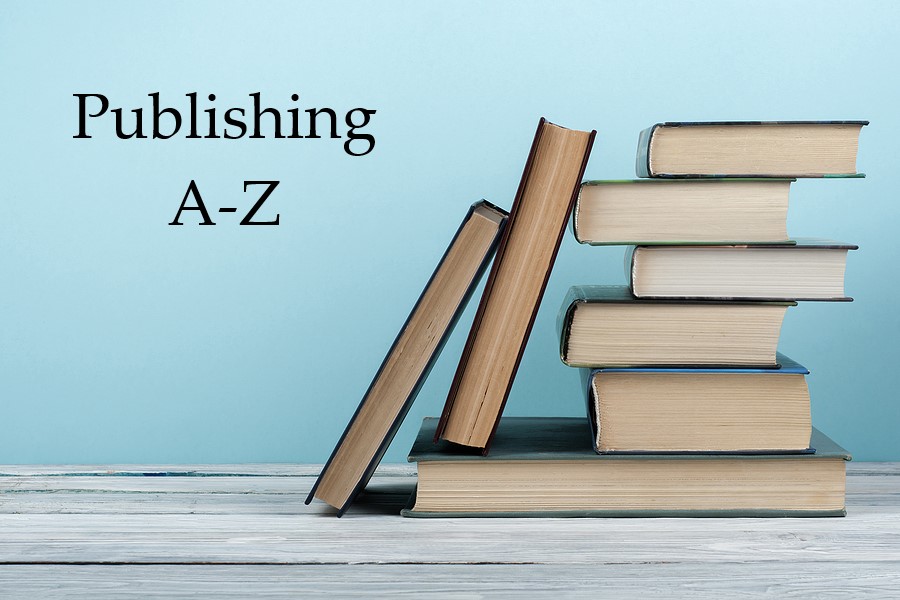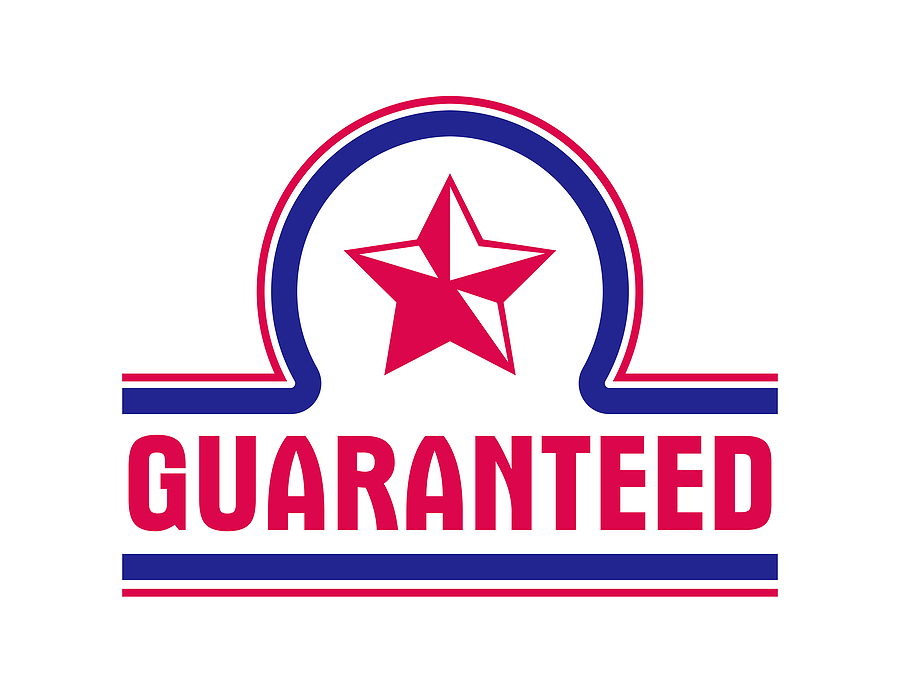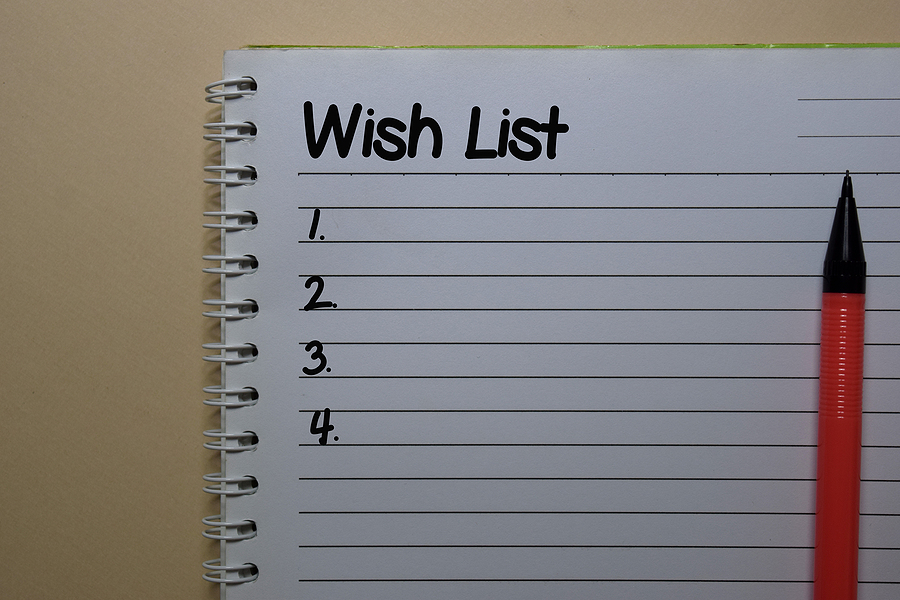Sometimes writers will ask me if, as a literary agent, I edit manuscripts before submitting them to publishers. I choose not to touch a manuscript for several reasons:
(1) I love your writing, so I don’t think you need my edits.
(2) I worked for many years as a professional writer but not as a professional editor.
(3) Since I have worked as a professional writer, I understand the emotions behind editing. A writer can (and sometimes should) get miffed at the finest editor. Even if a writer loves every comma I add, the writer/editor relationship is naturally different from the writer/agent relationship. Because of how I’m wired, I work better keeping relationships clear. To wit: my husband is responsible for the outside of the house, and I’m responsible for the inside. To give proper credit, he does perform many thankless tasks, such as anything involving a step ladder and annihilating the errant wasp that might fly inside. As an experienced author and agent, I can find exceptions to agreements.
(4) The editor at the publishing house cuts not only words, but is also responsible for advance and royalty checks. So I don’t feel I have the proper authority to perform deep edits. I want both of us to please the publisher. Once the contract is signed, the writer doesn’t need to please me.
Whether you wish for no editing or lots of editing, may you find the right people to guide you to your most successful career.











